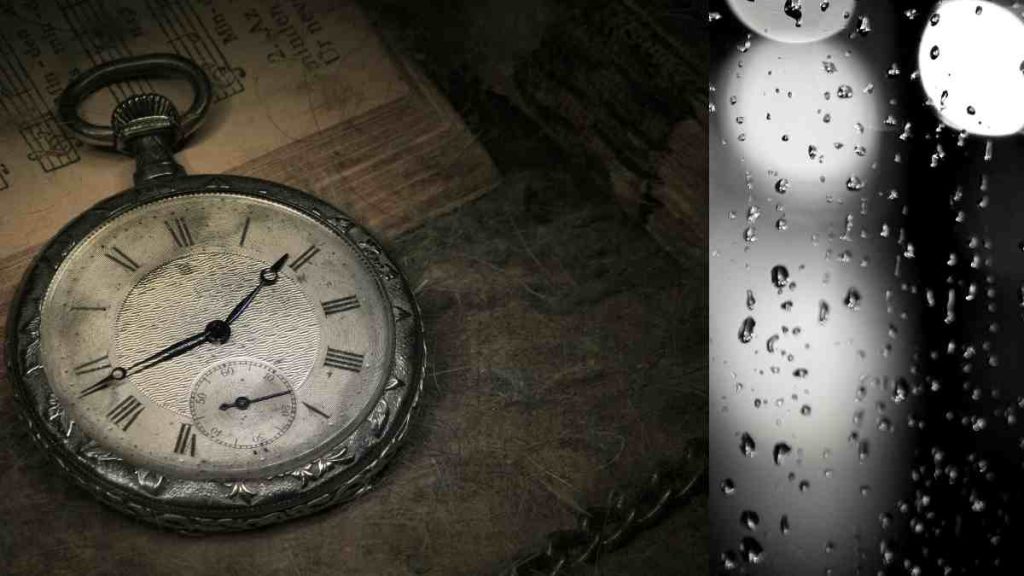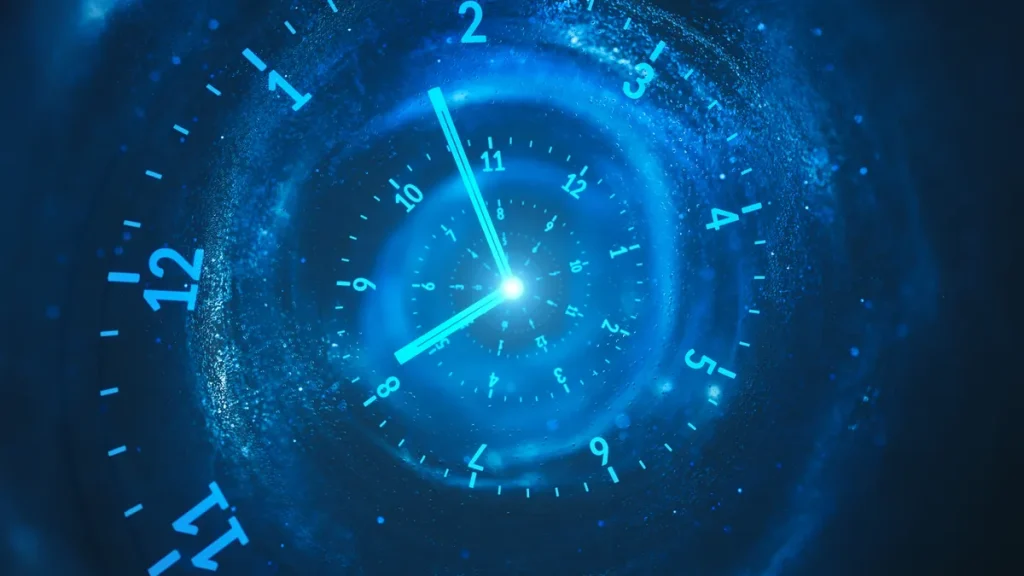Table of Contents
Temporal paradoxes, also known as time paradoxes, are fascinating logical conundrums that arise when considering the possibility of time travel and its implications. These paradoxes challenge our understanding of time, causality, and the very nature of reality. They have been a staple of science fiction and philosophical discourse, raising questions about the consistency of time travel and the structure of time itself. This article explores the concept of temporal paradoxes, their types, and their implications for our understanding of time.

1. Understanding Temporal Paradoxes
At its core, a temporal paradox occurs when a sequence of events in time leads to a contradiction or an impossible situation. These paradoxes arise primarily from the idea that actions taken by a time traveler could affect the past in such a way that the very basis for those actions becomes nullified or altered.
- The Nature of Time: To grasp temporal paradoxes, one must first consider the nature of time. Time is typically understood as a linear progression from past to present to future. In this linear model, causality dictates that events in the past influence the present, which in turn influences the future. Temporal paradoxes challenge this linearity, suggesting that events in the future could potentially influence the past.
- Time Travel and Causality: Time travel, a common theme in science fiction, is the idea that one could move through time in a non-linear fashion, traveling to the past or future. Temporal paradoxes often arise when considering the implications of such travel, particularly when it comes to causality—the principle that cause precedes effect.
2. Types of Temporal Paradoxes
There are several well-known types of temporal paradoxes, each highlighting different logical and philosophical challenges related to time travel.
- The Grandfather Paradox: Perhaps the most famous of all temporal paradoxes, the Grandfather Paradox arises when a time traveler goes back in time and prevents their own grandfather from meeting their grandmother, thereby preventing the time traveler&8217;s birth. This creates a logical contradiction: if the time traveler is never born, they could not have traveled back in time to prevent their grandfather&8217;s marriage, which means they would be born, and so on in an endless loop. This paradox challenges the consistency of time travel and raises questions about the possibility of altering the past.
- The Predestination Paradox: Also known as the causal loop, the predestination paradox occurs when a time traveler’s actions in the past are integral to the events that lead them to travel back in time in the first place. In this scenario, the cause and effect loop back on themselves, creating a self-consistent but paradoxical situation where events are predestined to occur in a certain way. An example might involve a person traveling back in time to warn someone of a danger, only to realize that their warning is what causes the danger in the first place.
- The Bootstrap Paradox: The Bootstrap Paradox is a type of predestination paradox in which an object or piece of information is sent back in time, leading to a scenario where it has no clear origin. For example, imagine a time traveler goes back in time and gives Shakespeare a copy of his complete works, which Shakespeare then publishes as his own. The paradox lies in the fact that the works exist without an original author—Shakespeare wrote them because he received them from the future, but they were created in the future based on Shakespeare&8217;s works.

3. Implications of Temporal Paradoxes
Temporal paradoxes have significant implications for our understanding of time, causality, and the nature of reality. They challenge the conventional view of time as a straightforward, linear progression and suggest that our understanding of cause and effect might be more complex than we realize.
- The Nature of Free Will: Temporal paradoxes raise questions about free will and determinism. If events are predestined in a causal loop or bootstrap paradox, this could imply that free will is an illusion, and that individuals are merely following a preordained path. On the other hand, the possibility of altering the past in a paradox like the Grandfather Paradox suggests that free will might exist, but that its exercise could have unforeseen and paradoxical consequences.
- Multiple Timelines and Parallel Universes: One possible solution to temporal paradoxes is the idea of multiple timelines or parallel universes. In this view, each time travel event creates a new, branching timeline, thereby avoiding contradictions by allowing different versions of events to coexist in separate realities. For instance, in the case of the Grandfather Paradox, the time traveler might create a new timeline where they are never born, while the original timeline remains unaffected.
- Quantum Mechanics and Temporal Paradoxes: Some interpretations of quantum mechanics, such as the many-worlds interpretation, provide potential frameworks for resolving temporal paradoxes. According to this interpretation, every possible outcome of a quantum event actually occurs, each in a separate, parallel universe. This could allow for time travel without paradoxes, as each action would simply create a new universe where the consequences of that action play out.
4. The Philosophical Significance of Temporal Paradoxes
Beyond their implications for science and physics, temporal paradoxes hold deep philosophical significance. They force us to confront the limitations of our understanding of time and challenge our assumptions about causality, identity, and the nature of reality.
- The Limits of Human Knowledge: Temporal paradoxes highlight the limitations of human knowledge and understanding. They suggest that time, as we perceive it, may be far more complex and less intuitive than we realize. These paradoxes remind us that our grasp of the universe is still incomplete and that the true nature of time may elude us.
- Existential Questions: Temporal paradoxes also raise existential questions about the nature of existence and identity. If time travel can alter the past or create new timelines, what does this mean for our sense of self and our place in the universe? Are we defined by a single, unchanging timeline, or are we part of a vast, interconnected multiverse?

Conclusion
The concept of temporal paradoxes challenges our understanding of time, causality, and reality. Through famous examples like the Grandfather Paradox, the Predestination Paradox, and the Bootstrap Paradox, these logical conundrums force us to question the very nature of time and our place within it. While science fiction often uses temporal paradoxes as plot devices, they also hold significant philosophical and scientific implications, offering a window into the complexities and mysteries of the universe. As our understanding of time continues to evolve, so too will our exploration of these fascinating paradoxes, potentially leading to new insights into the fabric of reality itself.
